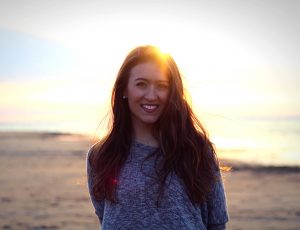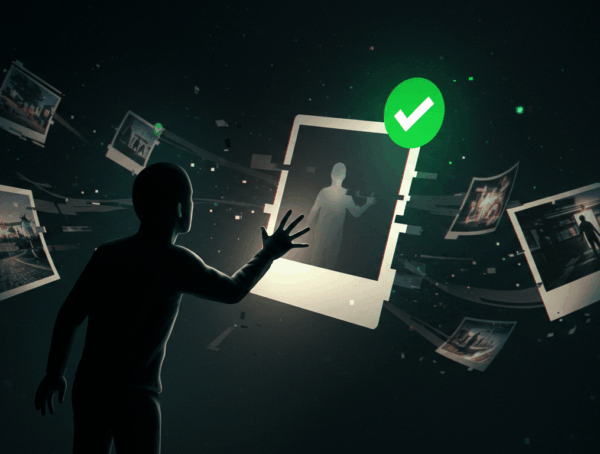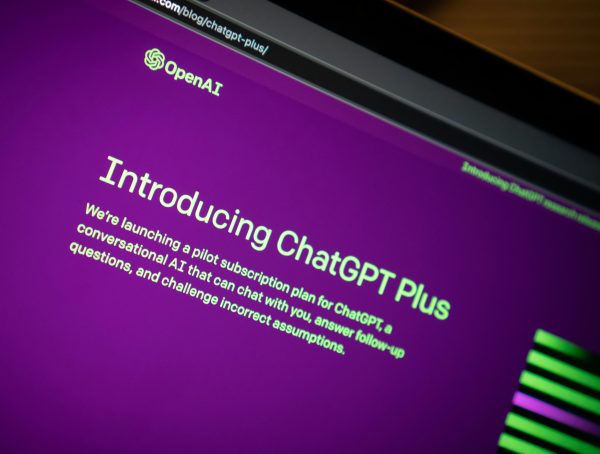While some traditionally print-centric companies are moving to a digital-only platform now, others see potential and success in sticking with print, and still others have found a happy medium utilizing both print and digital elements.
Daniel Dejan, creative director of Sappi North America, says there’s room for all of these approaches.
“The fact of the matter is the market is incredibly malleable and you can add new things in and they will find a way of blending,” Dejan said. “Magazines started in the late 1700s. When radio came out in the late 1800s, we thought that radio was going to replace magazines but it didn’t. In the same way that we thought that movies were going to replace live theater, but it didn’t. Or television was going to replace movies, but it didn’t.”
Dejan points to a statement from a 1913 dissertation by Wolfgang Riepl’s, which is now called Riepl’s Law.
“New, further developed types of media never replace the existing modes of media and their usage patterns. Instead, a convergence takes place in their field, leading to a different way and field of use for these older forms. The old doesn’t necessarily die out. In some instances, the old methods are absorbed or recycled into a new form. In others cases, those methods are refined and distilled down to their essence.”
Though digital has been and is still becoming increasingly popular, Dejan says it will not dominate the market so much so that the old forms of communication and media will have no choice but to throw in the towel. Instead, he says, the market will make way for the old and the new.
“They all exist, they have expanded the market, they have given us more choice,” Dejan said. “Each demographic will choose and use that the way they want.”
Liz Vaccariello, editor in chief of Parents Magazine acknowledges that the internet has altered magazines and in some way shifted their focus, she says it has not stolen the relevance of print publications.
“In the world of digital today, if my child has a rash, I can go on my phone and figure out what that rash is,” Vaccariello said. “The answers to my questions are often a click away. But what I need a magazine for is to say, ‘I want that magazine to understand who I am, that I want to be confident, that I want to be fierce.’”
In the wake of the instant gratification the internet allows consumers, print publishers should consider why their publication is still needed and what message it has for its readers that makes it invaluable and satisfying.
The platform is not the only thing evolving. Our minds have also begun to change as digital has been introduced and adopted.
Dejan referenced the research within Proust and the Squid, a book by neuroscientist Maryanne Wolf. After conducting research using an fMRI on volunteers, she found that within the last fifteen to twenty years people have developed a “bilateral literacy,” a way to digest and consume both digital and print content but in different ways.
“When we’re reading ink on paper, physiologically the first thing that happens is your heart rate goes down, your blood pressure goes down, you slow down,” Dejan said. “The reader slows down enough to be able to read all the words.” This helps with comprehension.
In contrast, CEO at Issuu Joe Hyrkin says digital more easily created shared experiences.
“Over the next five years, there are going to be three billion plus human beings digitally connected for the first time,” Hyrkin said.
The digital reach is certainly far and can tie together different groups of people, but that is a responsibility as well as a benefit to digital media companies.
“These billions coming online for the first time will join the billions who are already connected and they’re going to demand great content that engages their passions and their curiosities,” Hyrkin said.
As digital grows and experiences the popularity print once knew alone, the marketplace will experience an expansion that will allow consumers to choose what is convenient in the moment, what is readily available, and what is individually preferred. Both mediums can maintain opportunities unique to them while also being able to learn from each other.
 Jacqueline Schlick is an Orlando native who found her voice in the deep south. She graduated from the University of Mississippi with a creative writing degree and is now pursuing her master’s in journalism. She serves as the Public Relations Director of Ole Miss Bands and as a Lifestyles writer at the Daily Mississippian. Upon graduation she plans to become a novelist as well as continuing her work in journalism.
Jacqueline Schlick is an Orlando native who found her voice in the deep south. She graduated from the University of Mississippi with a creative writing degree and is now pursuing her master’s in journalism. She serves as the Public Relations Director of Ole Miss Bands and as a Lifestyles writer at the Daily Mississippian. Upon graduation she plans to become a novelist as well as continuing her work in journalism.








